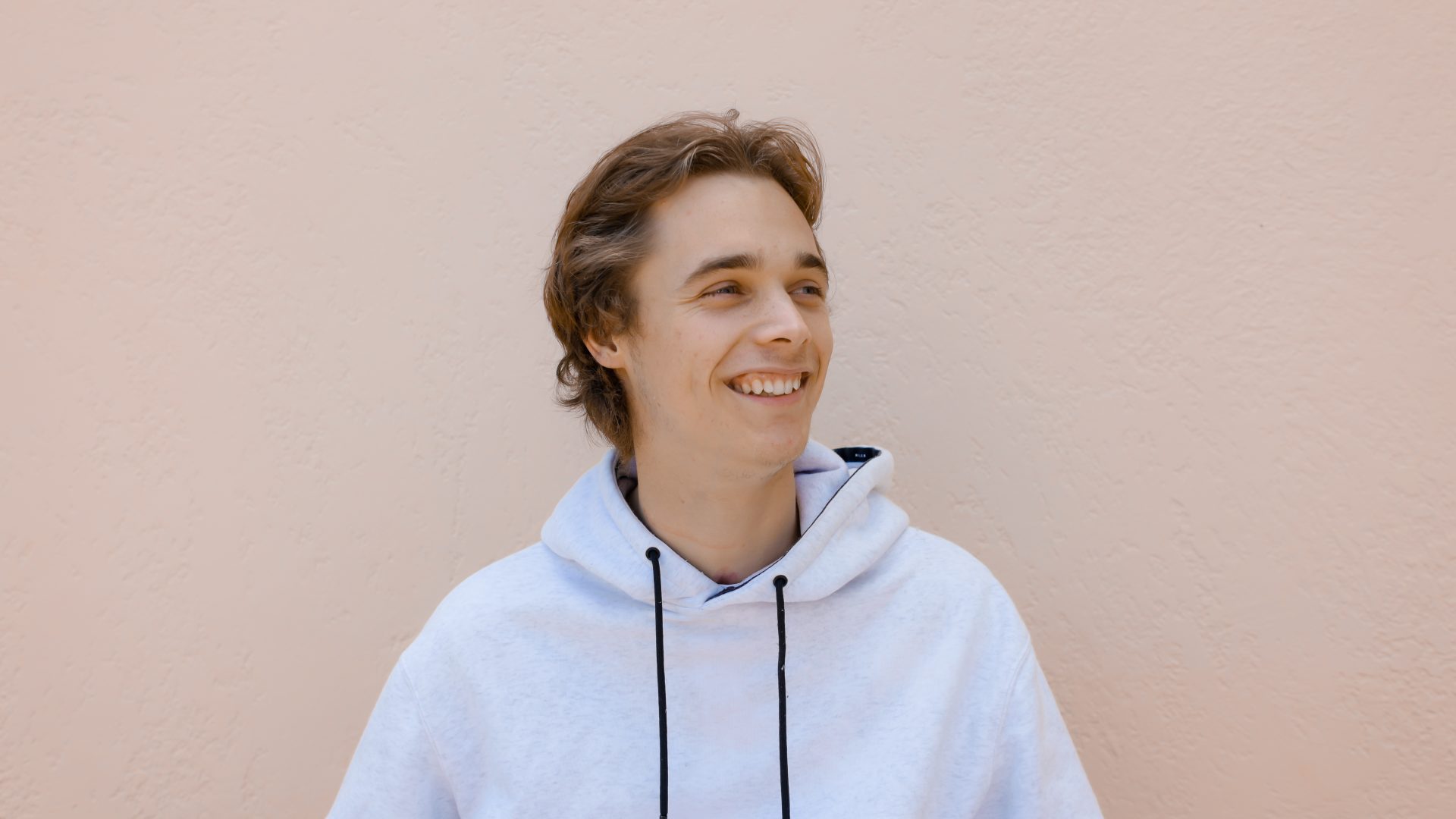Alex loves mountain bikes—he was mountain-biking when he injured himself two years ago at age 16. He was in year 11 at school.
As Alex waited for help, a friend called his mum Karina and held the phone to his mouth. “Mum,” he said. “I can’t feel my legs. I’m scared.”
“It’s one of the worst phone calls a parent could receive,” says Alex’s mum, Karina. “But we’re so lucky he survived and still has his cheeky wit and intelligence.”
Alex spent two months in intensive care. While his friends were studying for the Higher School Certificate, he was learning to breathe again and coming to terms with his injury.
Alex is amazingly positive. But even so, his paralysis means he’s completely dependent on people around him. He has limited arm and hand movement, and needs to use a harness in his chair for physical exercise so he doesn’t fall out. He works hard on improving all this, with twice-weekly intensive physiotherapy sessions.
He’s almost always cold and has excruciating pain off and on, without rhyme or reason.
“The hardest part is the lack of independence,” says Alex. “I’d love to be able to transfer myself from my wheelchair to my bed, into cars or onto couches.”
“Morning care is the biggest thing for me. Having to have carers come in every morning to toilet and shower me and get me up is the hardest thing, and something no one really sees or knows about.”
You can help Alex, and the other 20,000 Australians with spinal cord injury today. We plan to expand access to this potentially life-changing experimental treatment—neurostimulation—beyond our eWALK trial and into a community study across three states as soon as 2022.

